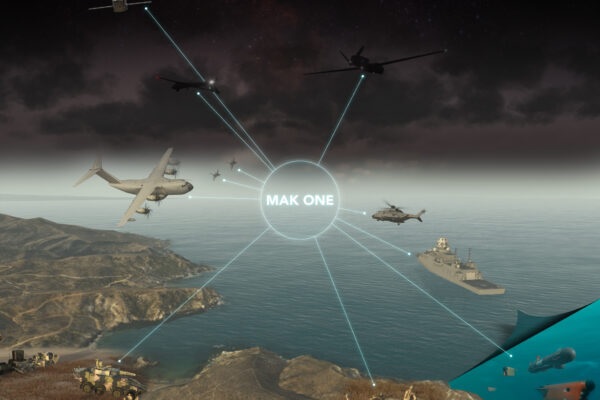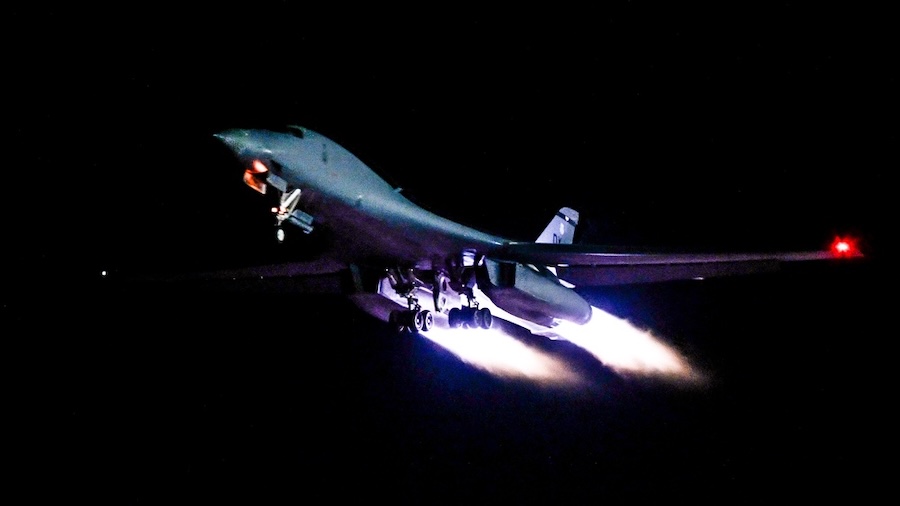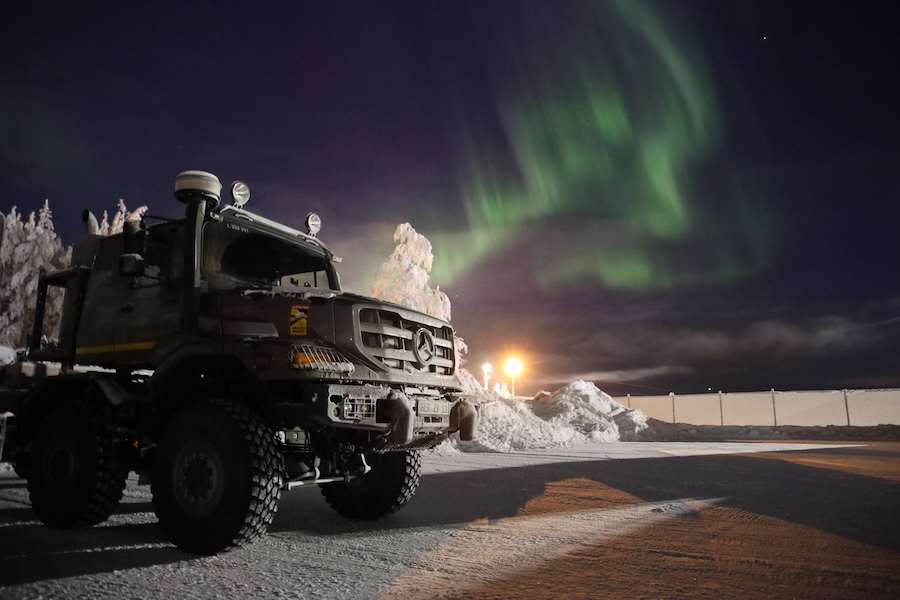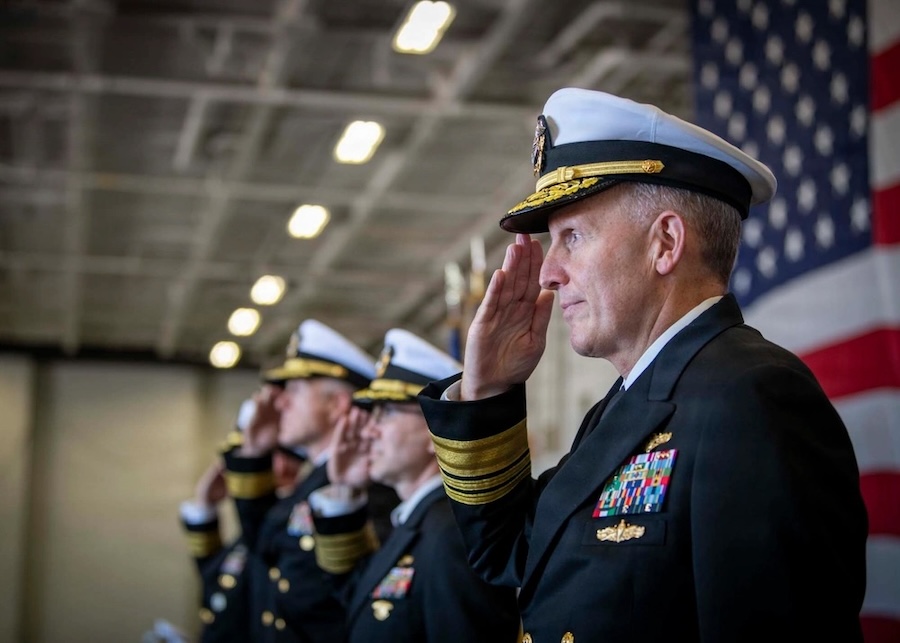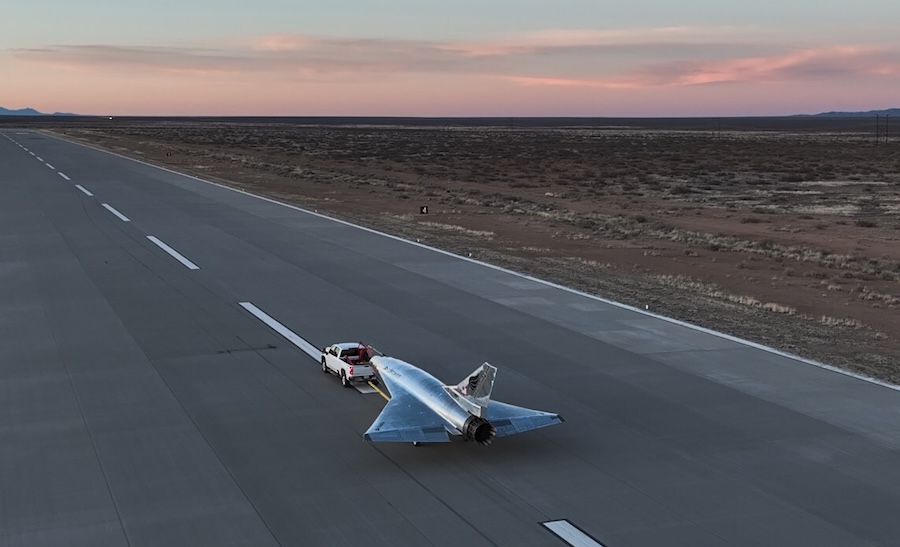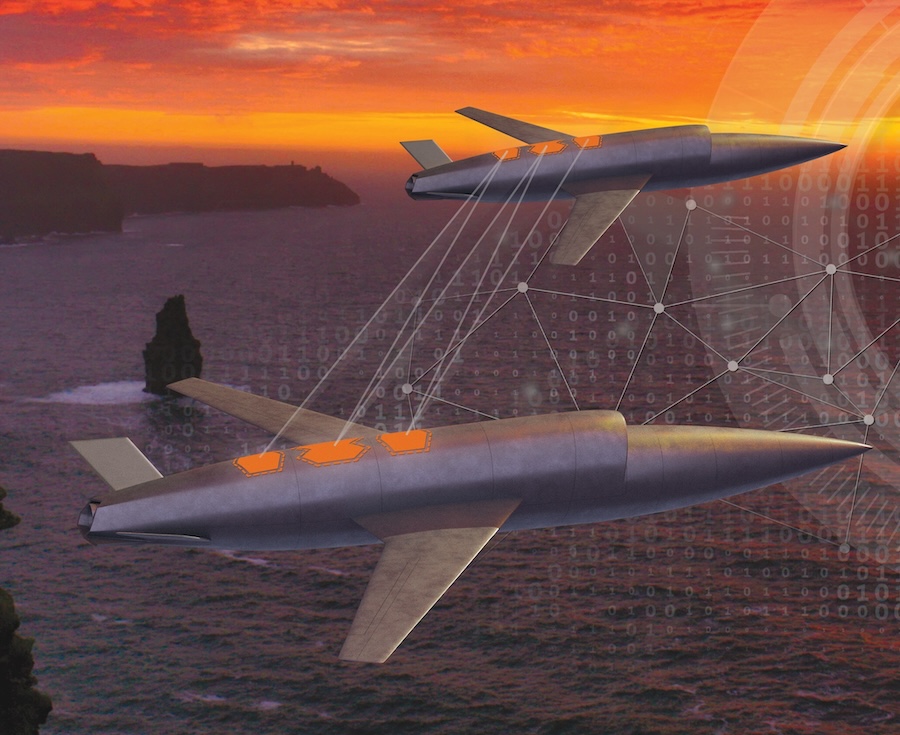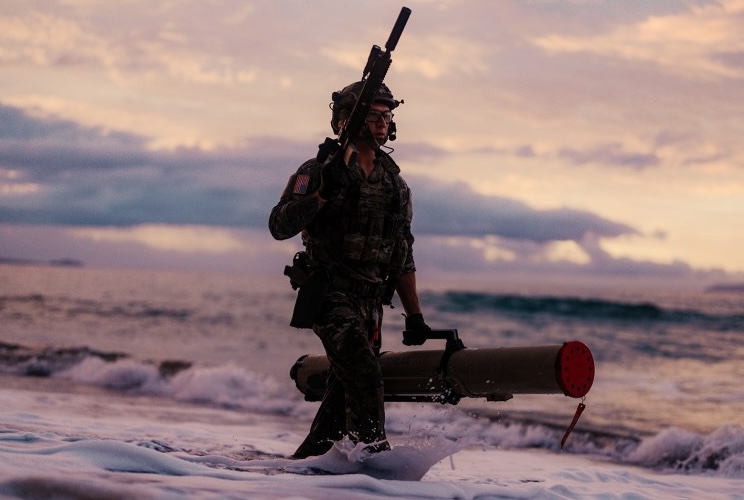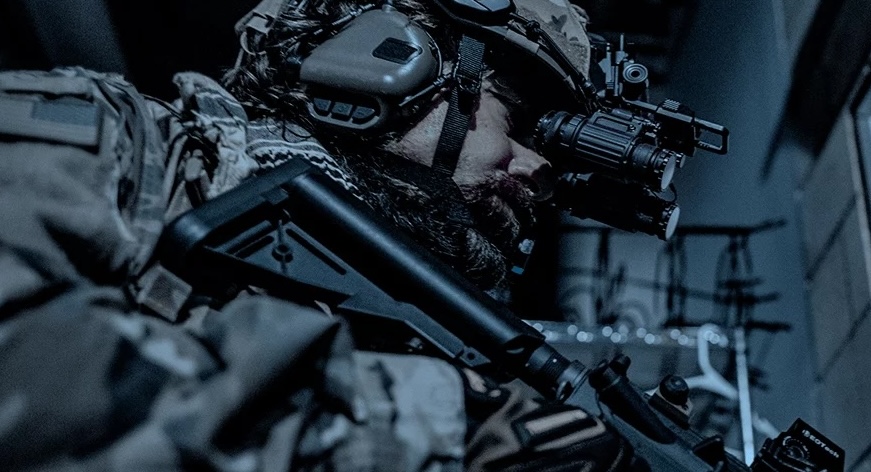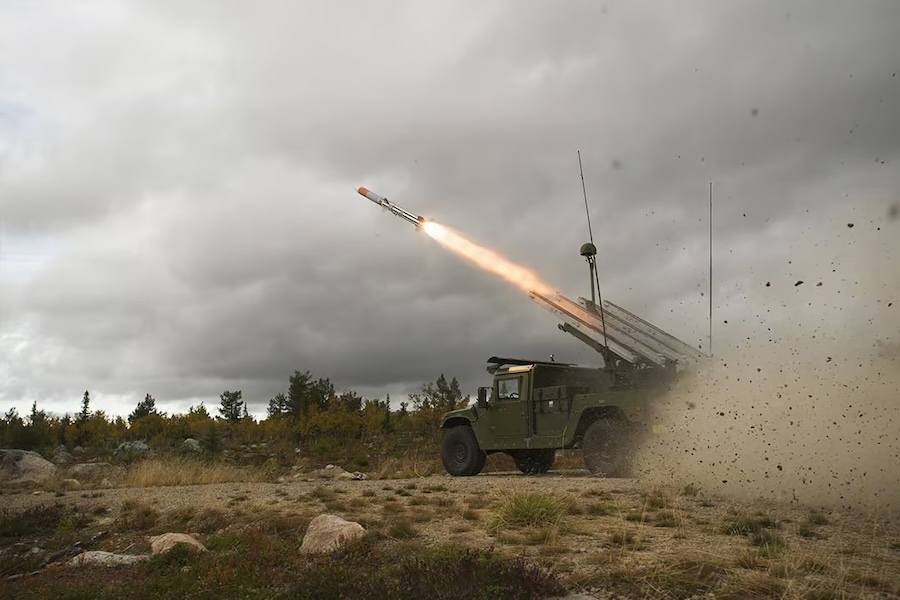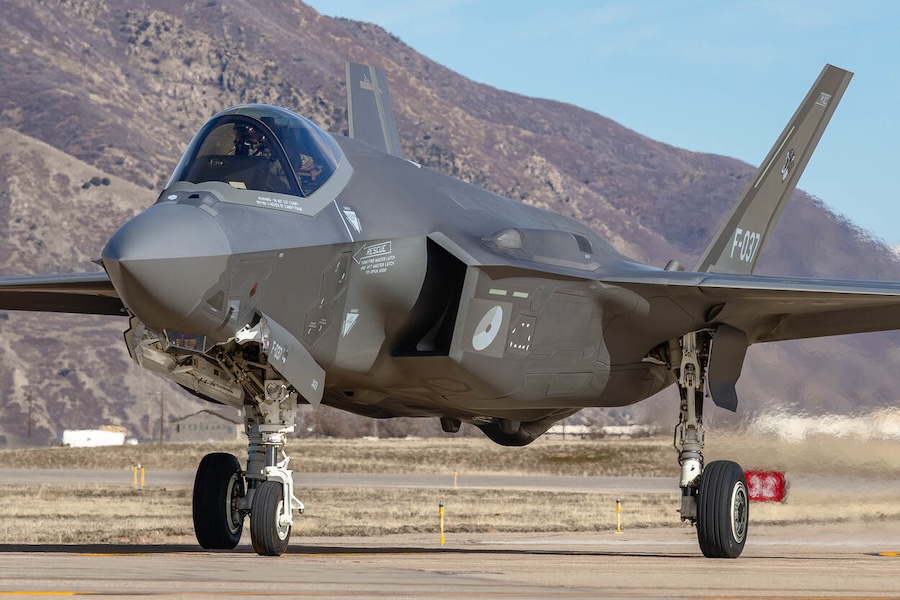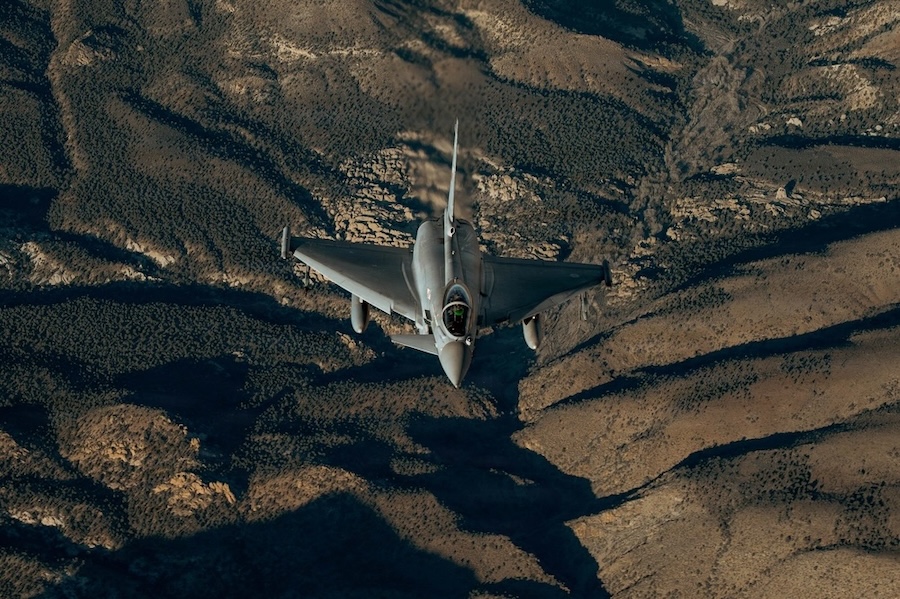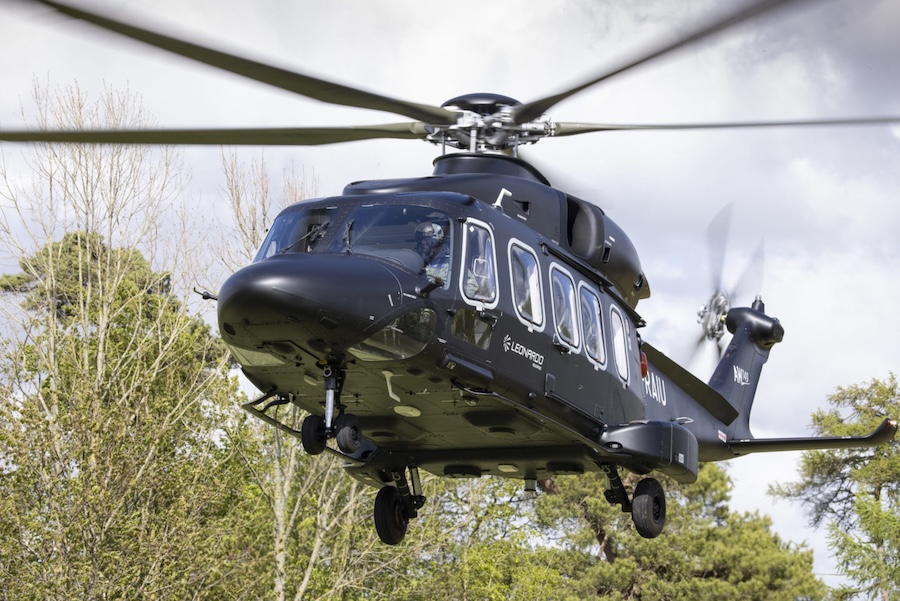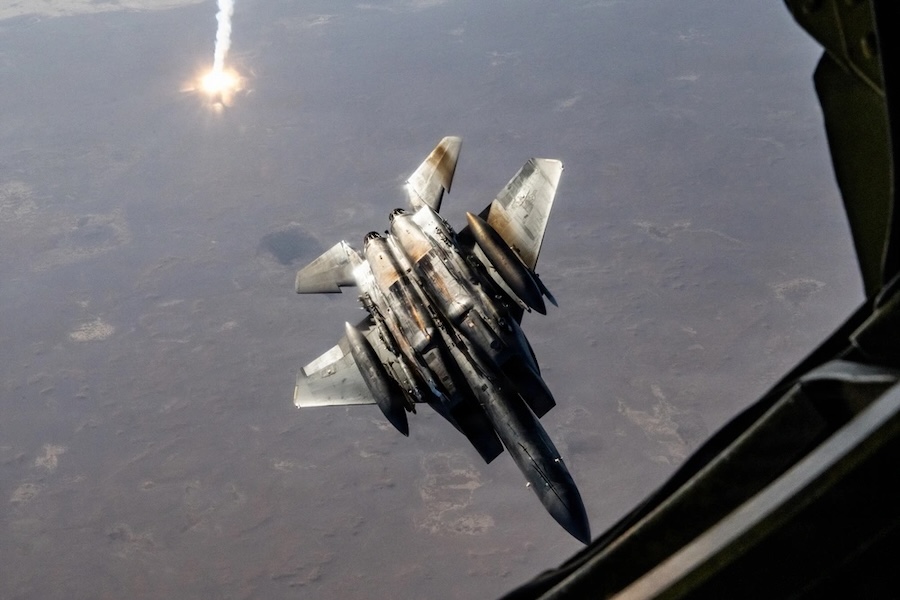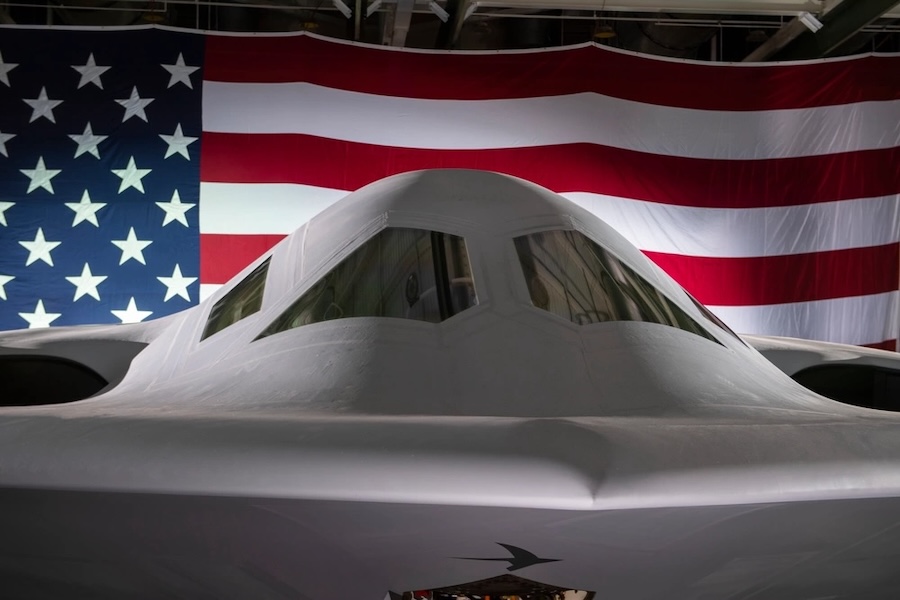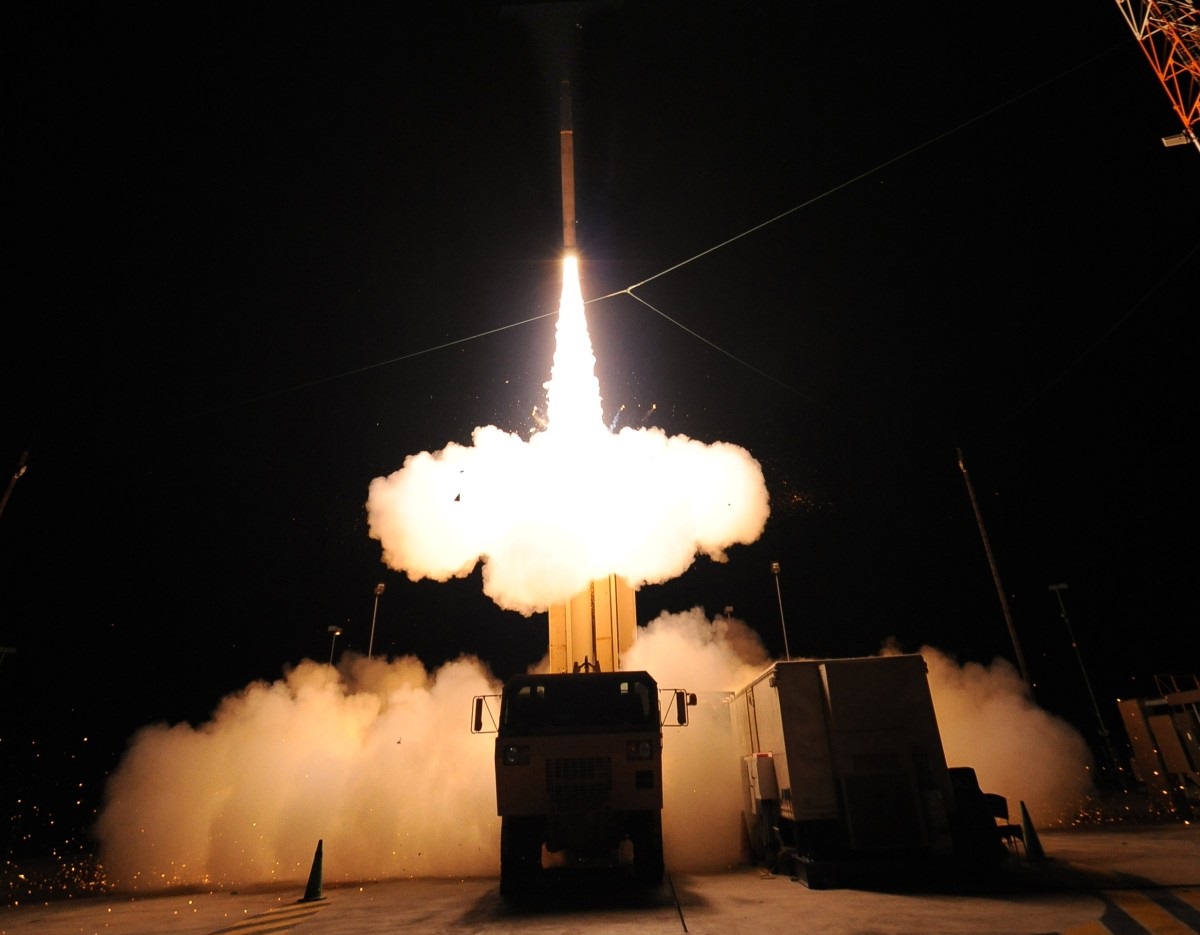The agreement, supported by sister company MAK Technologies, establishes a unified simulation architecture for high-fidelity training environments across RAF operations. It enables RAF teams to create and adapt their own simulation systems while maintaining sovereignty over intellectual property through an open, modular approach.
Under the contract, RAF personnel from nominated programmes will gain full access to the MAK ONE suite, with delivery, deployment, and frontline support across multiple sites and mission domains. This framework is designed to strengthen mission readiness through scalable synthetic operational training.
“This agreement represents a significant milestone in our collaboration with the RAF,” said Katie Howe, Senior Account Manager at Antycip. “It’s so much more than providing powerful tools, it’s about establishing a long-term, flexible simulation framework that evolves with the RAF’s operational ambitions.”
“As MAK’s suite of products are widely used across Air’s suite of synthetic training systems, an enterprise agreement ensures cost-effective access to this core software for our users and supports development of JSP939-compliant software. Moreover, the flexible and comprehensive service offered by MAK and Antycip ensures that the service can grow with our needs and that users have access to the training they need to get the most out of each application,” said Gp Capt Ruari Henderson-Begg, Chief Modelling and Simulation Officer (Air).
“We’re really proud to partner with the amazing team at Antycip to support the RAF’s evolving training mission through this enterprise agreement enabling a common, flexible synthetic architecture. Based on open APIs and open standards this allows best of breed solutions from all over the M&S space to work together to meet the RAF’s evolving needs,” said Jim Kogler, Vice President of Products at MAK Technologies.
The enterprise framework will also bring existing initiatives, including the Gladiator programme, under a single standardised simulation architecture. This integration is intended to support long-term interoperability and operational flexibility for RAF training.


